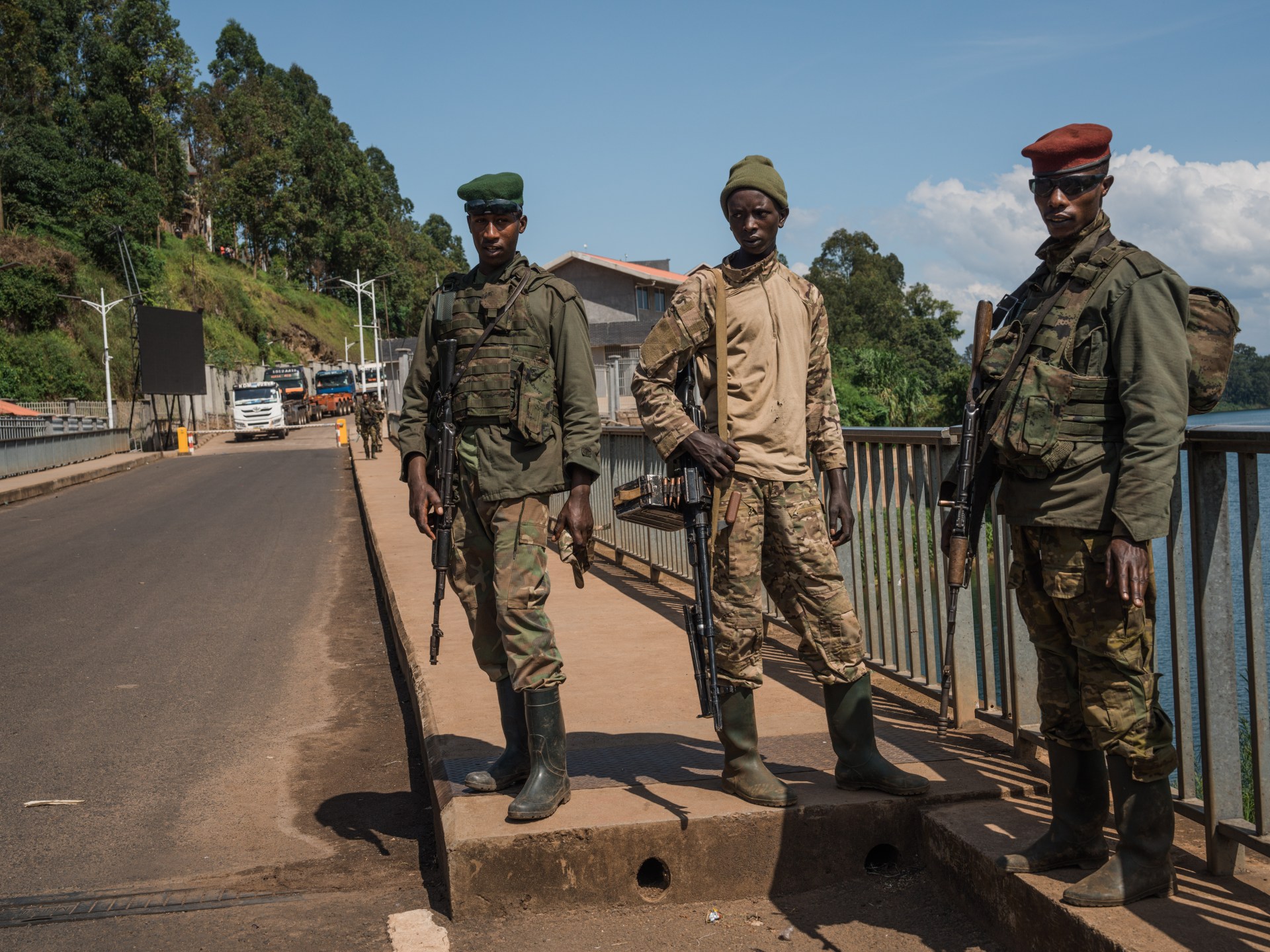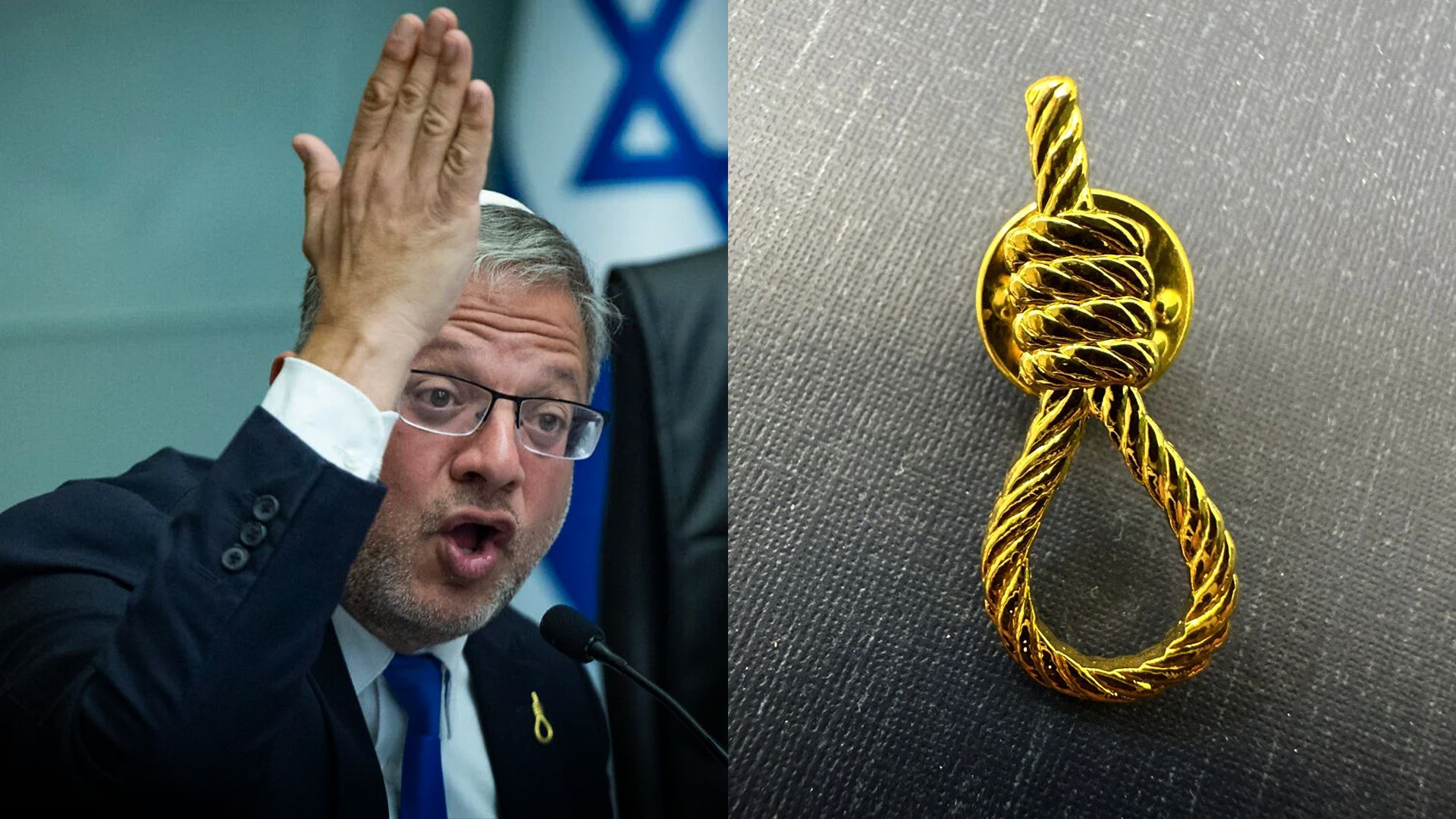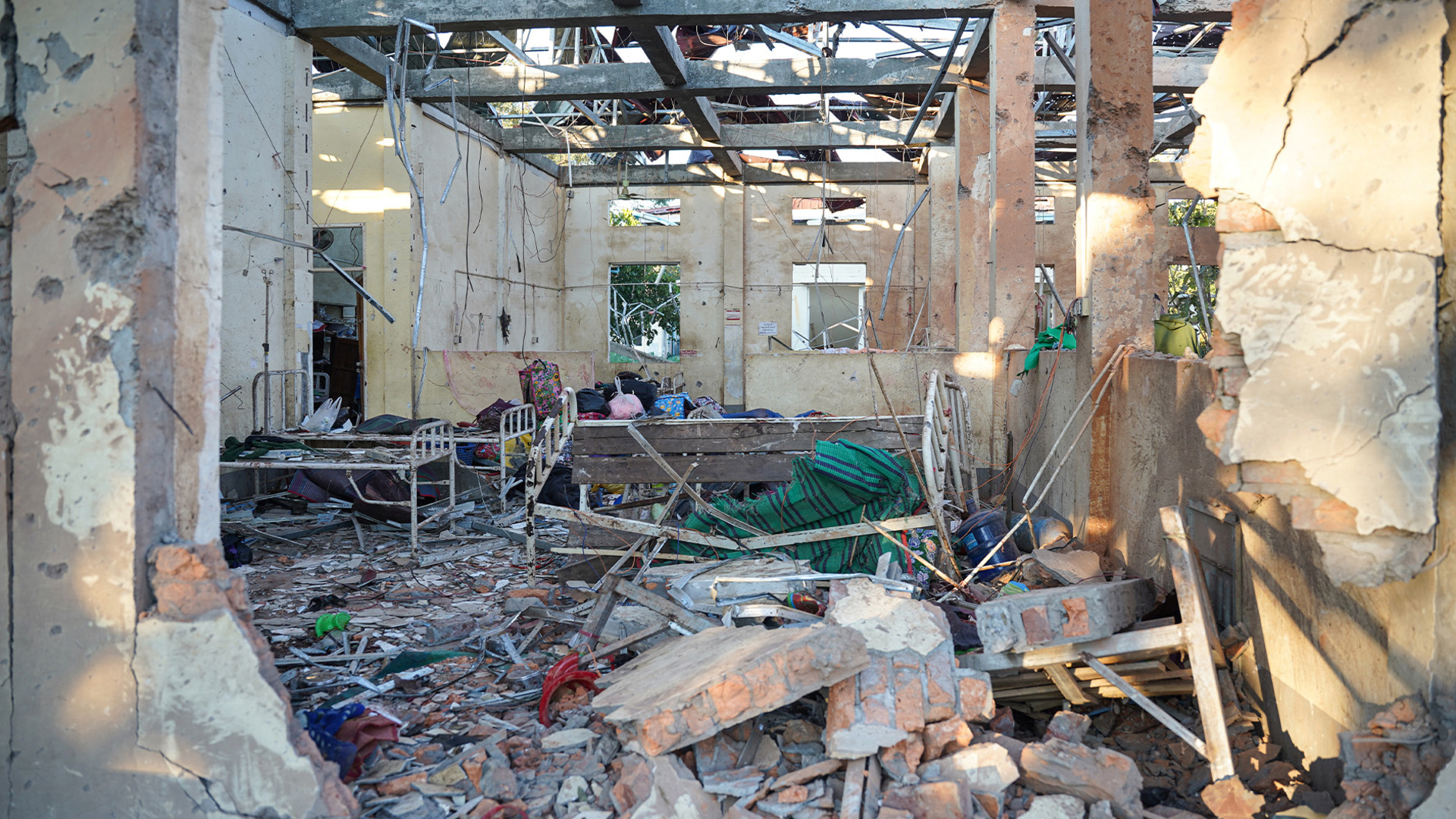More than 400 civilians have been killed following the recent surge in fighting as the Rwanda-backed M23 armed group continues its offensive in South Kivu province in the eastern Democratic Republic of the Congo (DRC), according to regional officials.
The M23 consolidated control over the strategic town of Uvira in South Kivu on Thursday, residents said.
Recommended Stories
list of 4 itemsend of list
M23’s latest offensive, which has displaced some 200,000 civilians, comes despite a United States-mediated peace agreement signed last week by the Congolese and Rwandan presidents in Washington, DC, which is now under severe threat of unravelling.
The accord did not include M23, which is negotiating separately with the DRC after agreeing earlier this year to a ceasefire that both sides accuse the other of violating.
However, it obliges Rwanda to halt support for armed groups and work to end hostilities.
“More than 413 civilians [have been] killed by bullets, grenades, and bombs, including many women, children, and young people” in localities between Uvira and Bukavu, the regional capital, the South Kivu government spokesperson said in a statement late on Wednesday.
“According to the information gathered, the forces present in the city are composed of Rwandan special forces and some of their foreign mercenaries, operating in clear violation of the ceasefire as well as the Washington and Doha agreements, in total disregard of the commitments made,” the statement added.
M23 said it had taken control of the strategic city of Uvira on Wednesday afternoon, following a rapid offensive since the start of the month.
Sporadic gunfire echoed on Uvira’s outskirts on Thursday morning, according to the Reuters news agency. For months, the town had served as the base of the Kinshasa-appointed provincial government after rebels captured Bukavu in February.
Despite the tension, residents ventured out in search of food after spending the previous day taking cover at home or fleeing to the countryside to avoid hostilities.
“The government told us that Uvira would never fall and that the situation was under their control,” Godefroid Shengezi, a local teacher, told Reuters. “The reality today is quite the opposite.”
Uvira is an important port city on the northern tip of Lake Tanganyika and is directly across from neighbouring Burundi’s largest city, Bujumbura.
US calls on Rwanda to withdraw
Not only the DRC, but the US and United Nations experts also accuse Rwanda of backing M23, which had hundreds of members in 2021.
Now, according to the UN, the group has about 6,500 fighters.
While Rwanda denies the allegation, it acknowledged last year that it has troops and missile systems in the eastern DRC, allegedly to safeguard its security.
UN experts estimate up to 4,000 Rwandan soldiers are present in the DRC.
Earlier in the week, the US Department of State said it was “deeply concerned by the ongoing violence” in the eastern DRC, with a spokesperson saying: “Rwanda, which continues to provide support to M23, must prevent further escalation.”
In a statement on Wednesday, the US Embassy in Kinshasa urged M23 and Rwandan troops to cease all offensive operations and for the Rwandan forces to withdraw.
On Wednesday morning, the Rwandan Ministry of Foreign Affairs blamed the Congolese forces for the recent ceasefire violations in a statement on X.
“The DRC has openly stated that it would not observe any ceasefire, and was fighting to recapture territories lost to AFC/M23, even as the peace process unfolded,” it said.
More than 100 armed groups are vying for a foothold in the mineral-rich east near the border with Rwanda, most prominently M23.





